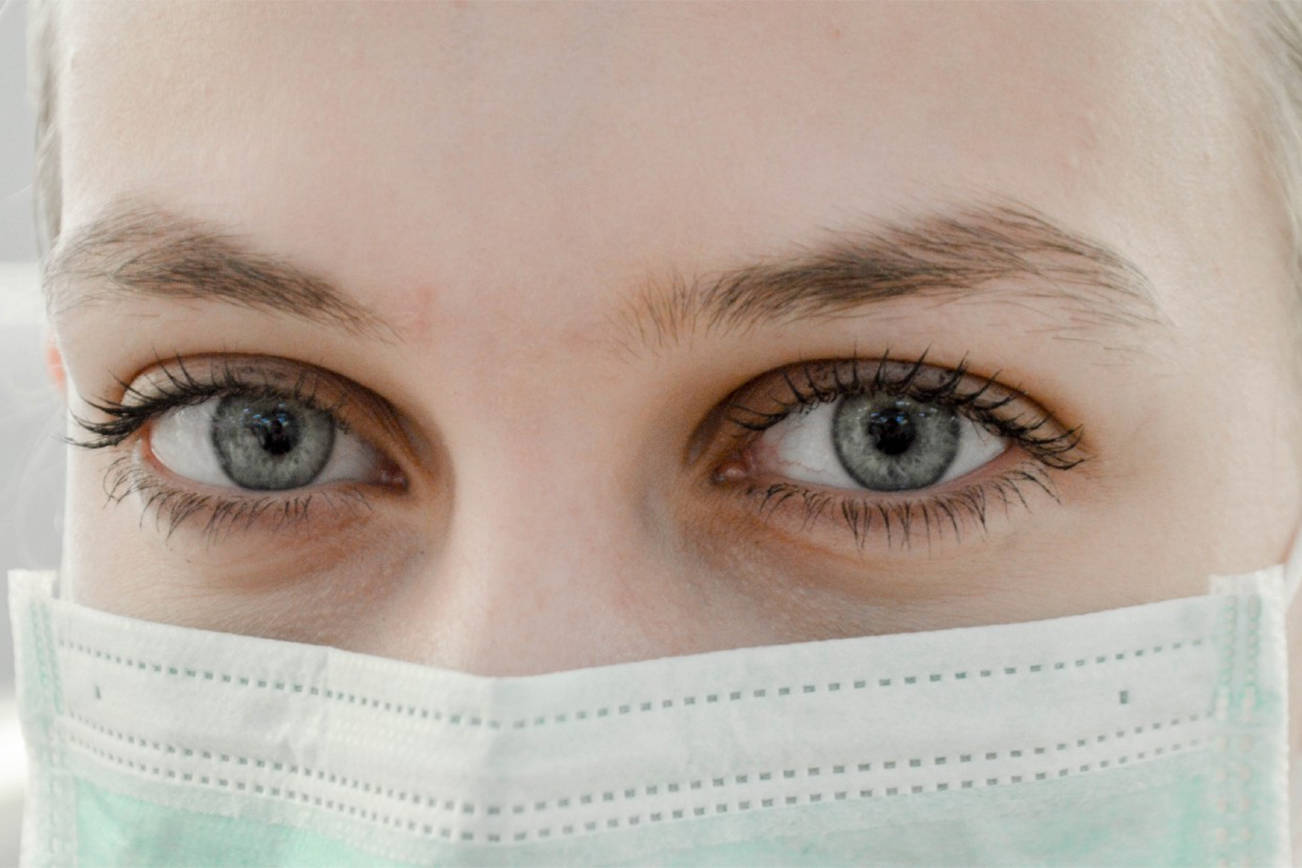Submitted by Washington State Department of Health.
The quickest way to reopen the economy and schools is to control the spread of COVID-19. Gov. Jay Inslee extended his Stay Home, Stay Healthy order through May 31 and signed his Safe Start plan, which amends some components of the original order and describes a plan to reopen the state in four phases, while improving and closely monitoring the control of the virus. Some businesses could reopen as early as this week.
Through the Safe Start plan, businesses and activities will reopen in phases with adequate social distancing measures and health standards in place. Each phase will be at least three weeks long — data about the spread of the virus and capacity of the public health and health care system will determine when the state can move from one phase to another.
Frequently Asked Questions
Wait. What is in which phase again?
A table describing the phases in more detail is available at https://coronavirus.wa.gov/sites/default/files/2020-05/PhasedReopeningChart.pdf.
I’m over 65. What does this mean for me?
We are opening the state as carefully and thoughtfully as we can, but there is no getting around the fact that this is risky business. If you are at risk of getting very sick if you get COVID-19 because you are over age 65 or have a chronic health condition, please stay home and avoid the newly opening opportunities for services and gatherings until Phase 4.
Am I required to wear a face mask or cloth face covering when I go out?
Employers may be required to provide workers masks or face coverings and should review requirements. At this time, it is strongly recommended that we wear a mask or fabric face covering when going out, especially when it’s not possible to ensure six feet of physical distance from other people. There is not a requirement at this time.
What data is the governor referring to as he decides whether to go to Phase 2?
The governor and public health officials look at numerous data sources. An overview of some of that data can be seen on the state’s Risk Assessment dashboard in the “What You Need to Know” section of coronavirus.wa.gov.
Why are some counties allowed to resume certain activities but not others?
Not every part of the state is experiencing the pandemic the same way. Some counties may be able to resume certain activities safely, while others remain at higher risk and need to continue stricter precautions. In any community where restrictions are lifted, state health officials are closely monitoring COVID-19 activity and will reinstate restrictions if COVID-19 activity increases.
So if a different county is Phase 2, can I go there to get my hair done?
Remember, if you live in a county that is in Phase 1, all non-essential travel is restricted for you. This means you are not supposed to travel to a county with fewer restrictions to get your hair cut or take advantage of other services opening. Even if you feel healthy, traveling from a part of the state that is more populated and has more disease circulating means you risk bringing the virus with you.
When will we know if activities (sports activities, vacations, etc.) will be allowed?
The governor’s decisions about resuming activities are based on COVID-19 activity and our readiness to test, treat, and protect Washingtonians and not on any particular timeline. The governor has said a full return to normal will require pharmaceutical interventions such as a vaccine and he does not know when we are going to get there.
Practice compassion
Looking for a way to help? You can participate in Lt. Gov. Cyrus Habib’s “Washington Mask Challenge.” The Lt. Gov has organized this statewide homemade mask-making initiative to encourage the public to make, wear, and donate cloth masks. If you can make cloth masks to donate, go to www.WAmaskChallenge.org.
More Information
Information changes rapidly. Check the state’s COVID-19 website for up-to-date and reliable info at coronavirus.wa.gov. You can also contact the Washington Department of Health call center at 1–800–525–0127. Hours: 6 a.m.-10 p.m., seven days a week.




